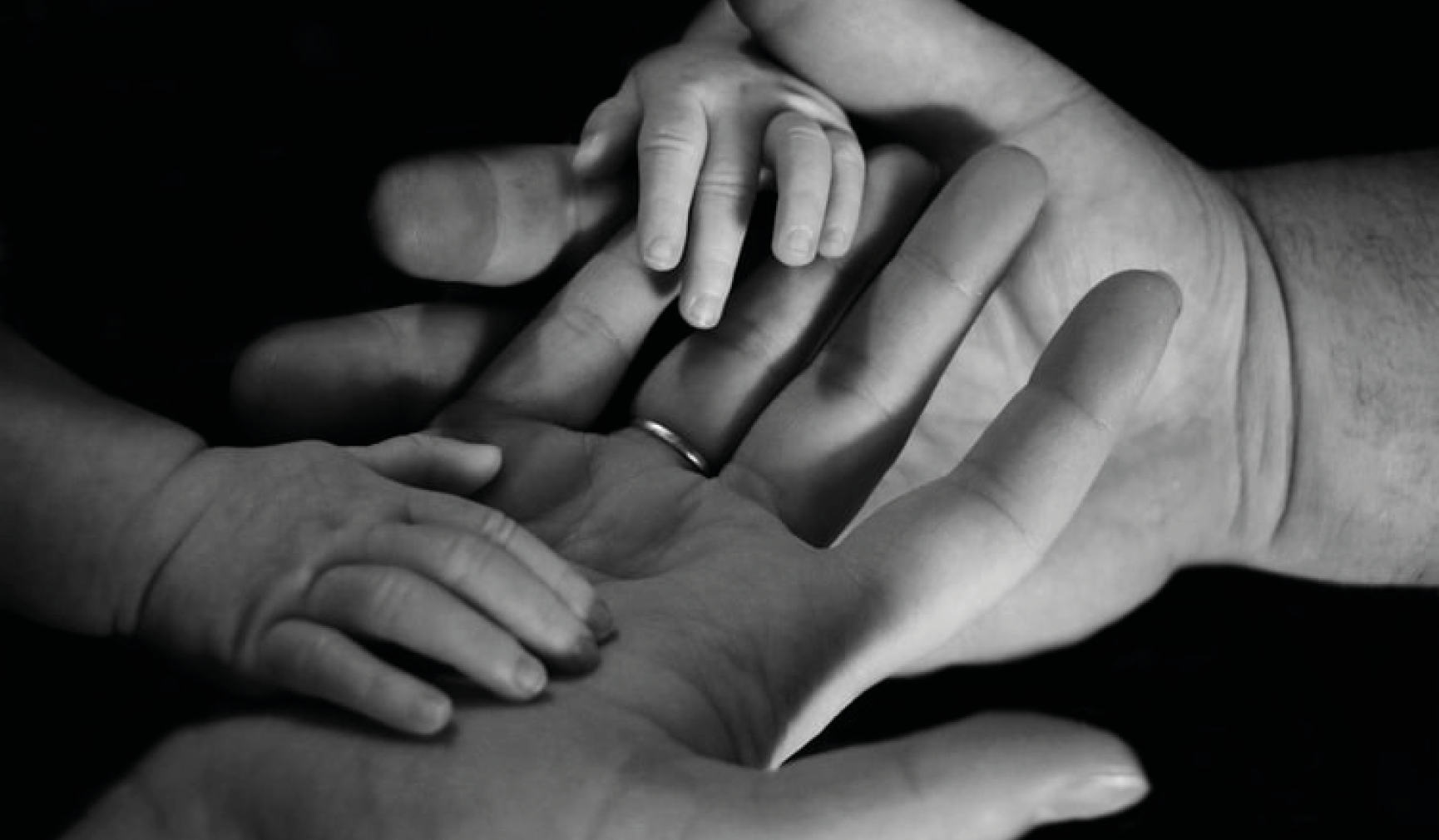Under common law, parents were regarded as having parental authority or power over their children. With the commencement of the Children’s Act 38 of 2005 (‘the Act’), largely as a result of the development of children’s rights, there has been a shift from parental authority to that of parental responsibilities and children’s rights. The following parental responsibilities and rights are acquired under the Act: care, contact, guardianship and maintenance. These responsibilities and rights are automatically acquired by the biological mother and father of the child (whether married or not).
Section 1(1) of the Act defines care in much broader terms than the common law concept of custody. Care now includes inter alia providing the child with “a suitable place to live; living conditions conducive… to the child’s health, wellbeing and development; [and] the necessary financial support. Care further entails the safeguarding and promoting of the child’s wellbeing; protecting the child from maltreatment, abuse, and neglect; and “securing the fulfilment of and guarding against infringement of the child’s rights under the Bill of Rights contained in Chapter 2 of the Constitution.
Contact on the other hand includes the maintenance of a personal relationship with the child. Alternatively, in the case where the child lives elsewhere, contact under the Act is achieved through communicating with the child on a regular basis by either visiting the child, or through electronic means of communication or by post.
Guardianship, much like under common law, means that a parent or guardian must safeguard and administer any property of the child as well as any interest that the child may have in any property; the parent or guardian must also assist and/or represent the child in any legal or administrative matter; and may give or refuse consent in respect of the child as required by law.
While not defined by the Children’s Act, it is a common law duty of a parent to support their child by providing the child with the necessary medical care, education, clothing, and accommodation.[1]
Although the above serves mainly as a summary of what parental responsibilities and rights biological parents acquire upon the birth of their child(ren), it is clear that parents have responsibilities to care for their children in ways that were not readily defined by common law. Furthermore, in today’s society, caring for one’s child far exceeds what is defined under the Children’s Act considering the extensive development to children’s rights under the Constitutional era.
Article by: Roxanne Shear
